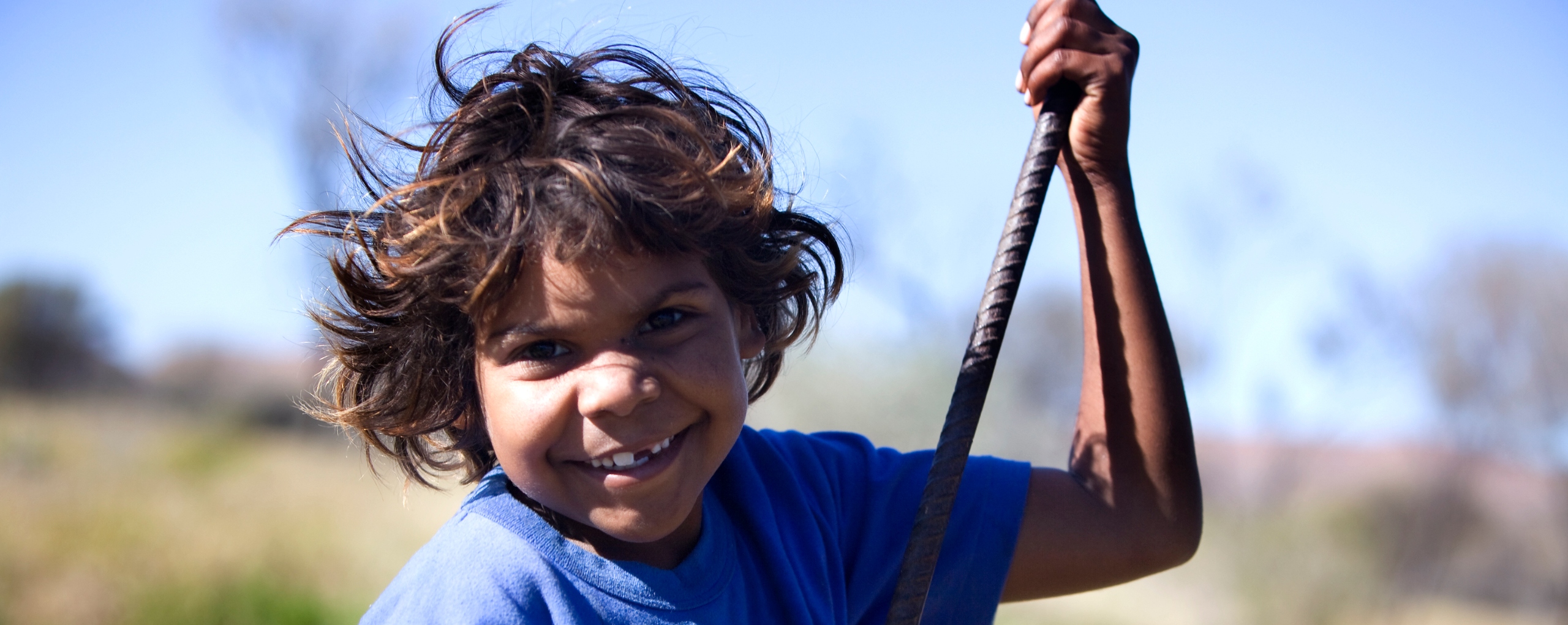Royden Howie, Head of Advisory at ImpactInstitute, explores First Nations disadvantage and the myth of egalitarianism in our country.
How’s this for a sobering statistic? The 10 most disadvantaged localities in Australia all have a First Nations population of more than 60%. Nine have a First Nations population over 80%.
But wait, it gets worse.
All 50 of Australia’s most disadvantaged localities have a First Nations population of more than 60%. Remarkably, 49 out of 50 have a First Nations population of more than 80%.
Egalitarianism is a myth in our country.
The fact remains, many people and communities in Australia don’t experience equal opportunity and have no meaningful prospect of experiencing it. Many of our First Nations communities have a history of trauma and loss, followed by tremendous disadvantage across almost all indicators of wellbeing.
This is not okay and is not consistent with how most of us as Australians see ourselves and our country. We need to care about understanding why and think deeply about how we can change this reality.
On Saturday, October 14, Australians rejected recognition of our First Nations in the Constitution through a Voice.
Would a Voice have immediately resolved all issues of disadvantage? Clearly not – nobody was under that illusion.
Is rejecting it a setback for reconciliation in Australia? Yes.
Our First Nations graciously extended a hand of reconciliation and that hand has been rejected. Many First Nations leaders are engaged in a week of silence and mourning and have asked Australians to reflect on the role of racism and prejudice in the result.
Has rejecting the Voice contributed to resolving disadvantage? Not at all – it has just reinforced the status quo, and the status quo is not okay.
What now? Whether you supported or rejected the referendum, it’s time to demonstrate you care about disadvantage and are willing to do something about it.
ImpactInstitute calls on the government and the opposition at federal and state levels to outline concrete plans to listen to our First Nations people and communities, and to take immediate steps to allow more local choice, create opportunity and reduce disadvantage.
We call on businesses and non-profits to listen more, learn more and take steps to create opportunities for First Nations people.
We call on all Australians to listen more, to actively seek to learn more about the truth of our history, and find ways of contributing to the reconciliation journey.
We believe a healthy Australia is one where all Australians are valued and can bring their best to shaping our community and future.
We are not there yet.
What are you going to do as an individual or through the roles you play in organisations or government to bring us closer to this vision?
The reasons Australians rejected the Voice will be analysed over the weeks, months and years ahead. They are likely complex and will differ significantly for different communities and individuals across the country.
Let’s ensure the rejection of a particular model of recognition is the start, not the end of a conversation.
Let’s continue to work towards recognition in the spirit of kindness to ensure our First Nations are valued and able to contribute equally to shaping Australia’s future.
